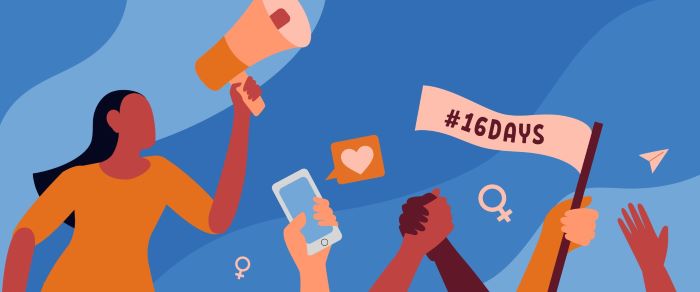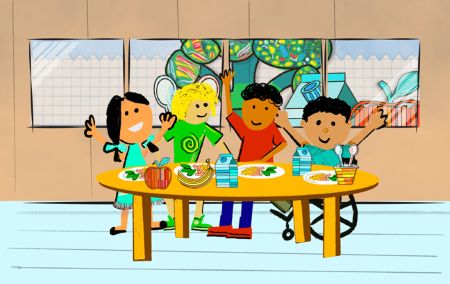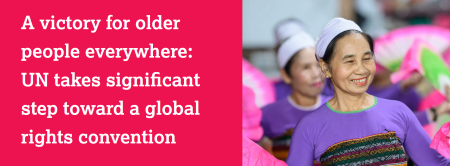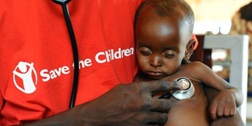
Many GRANs across the country are currently planning awareness-raising activities in your communities for the UN’s 16 Days of Activism Against Gender-Based Violence held each year from Nov 25 – Dec 6. This year we encourage you to include messaging about child hunger as part of your public education outreach. Consider using the information in this Small Sip to raise this issue in your communities during the 16 Days.

Child Hunger, Gender Inequality, and Violence
We know that chronic hunger can lead to compromised physical and mental development in children and leaves them weakened and more vulnerable to disease. These are the impacts that come immediately to mind when we think of hungry children. And yet, these harms are not the whole story. Hungry children are vulnerable in other ways. Consider these broader consequences for hungry children around the world:
- When food is scarce, there is increased tension and conflict within households, resulting in more reports of violence in the home.
- Nutrition and gender are intimately interconnected. Gender relations in some cultures can influence which children go hungry, as families forced to ration meals may favour boys, who are seen as future breadwinners, over girls, who are considered burdens on the family until they marry and leave. Every day, girls experience poor nutrition disproportionately — 60% of the world’s people with chronic hunger are women and girls. 1
- Hungry children, very often girls, may be taken out of school to save on school fees or to put them to work when their families come under economic strain. These children then suffer the lifelong socioeconomic impact of never completing their education.
- Hunger can drive children into dangerous situations:
- Families may ‘sell off’ girls into early marriage simply because it is one less mouth for them to feed.
- Children may be forced into survival sex that puts them at risk of HIV and violence.
- Girls and boys may be forced into begging, dangerous labour situations, or into the arms of radical insurgent groups that can offer them food.
- Widespread food insecurity and hunger drive mass migrations of people. Children are often exposed to dangerous journeys across harsh landscapes in their families’ search for food and safety. In the upheaval of leaving their homes, children may lose their parents to violence or become separated from them and endure long journeys on their own. Refugee children are at great risk of violence, abuse, exploitation, and neglect, including human trafficking and forced recruitment into armed groups.
The Power of Food
Food security may not be the first solution you think of to help end gender-based violence and violence against children. And yet, it is clear that ensuring access to adequate food is fundamental in protecting many of the world’s hungry children from further harms. Every action we take towards ending child hunger is also a powerful lever against gender inequality and gender-based violence.
Dig Deeper…
- Gender Equality Starts with Food -- Watch this 4-minute video from World Food Program USA.
- Solving Gender Inequality Starts With Ending Hunger: How Equitable Food Access Can Empower Women’s Rights – Article by World Food Program USA.
- Re-visit last year’s Small Sips on the topics of Hunger and Gender and Hunger and Gender-Based Violence.
Here is a printable version of this Small Sip to use as an info sheet to hand out at Orange Campaign events in your community.
This is the second installment of a new series of GRAN Small Sips focused on child hunger.



